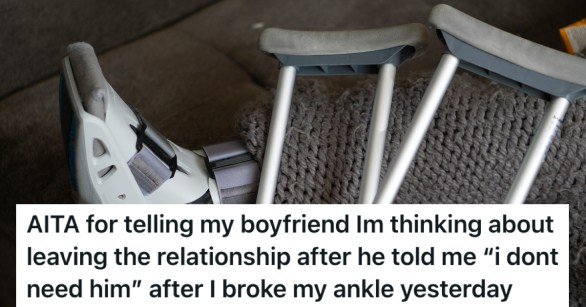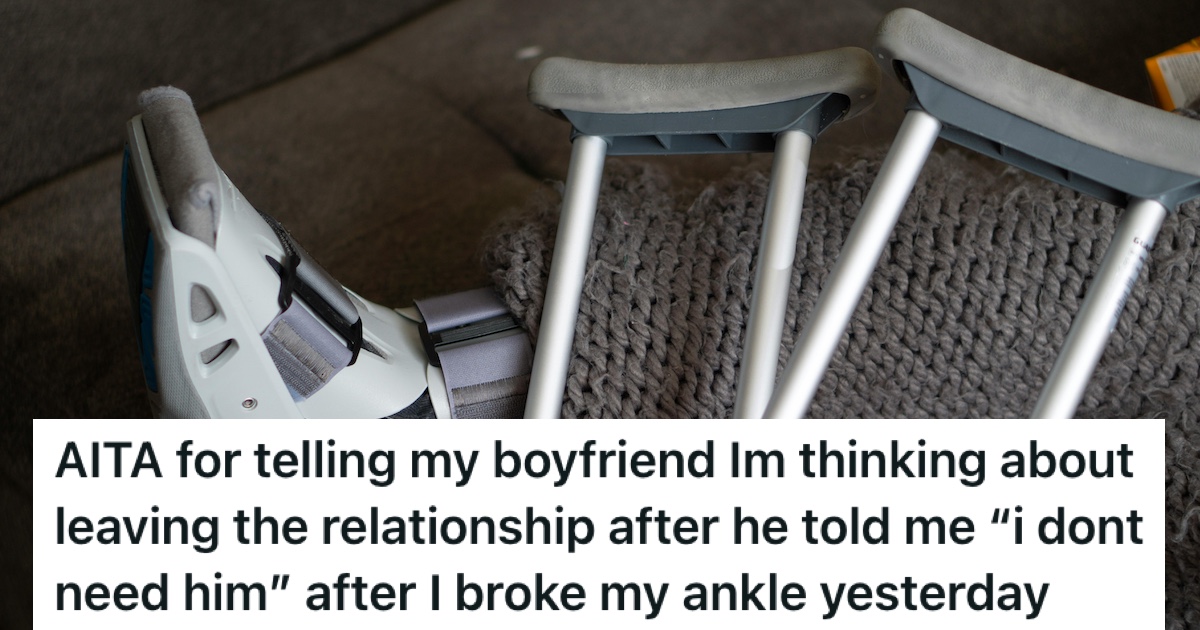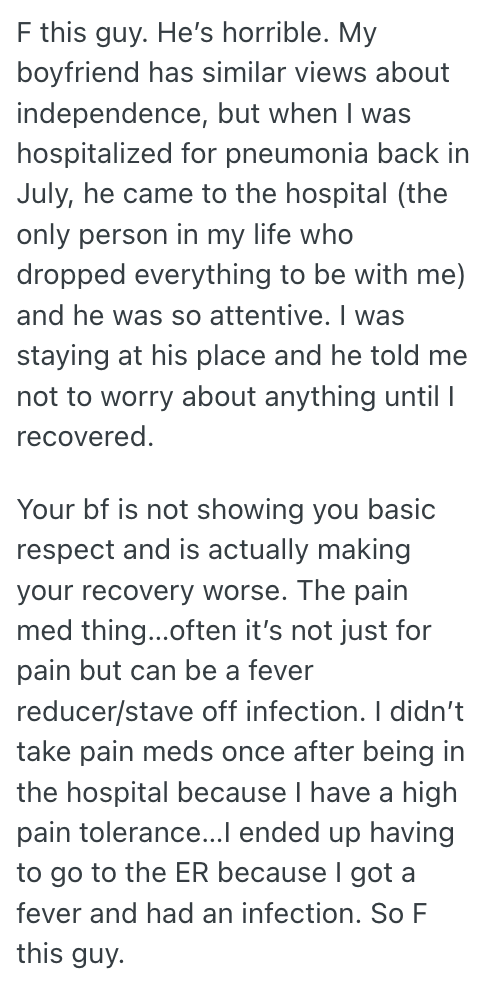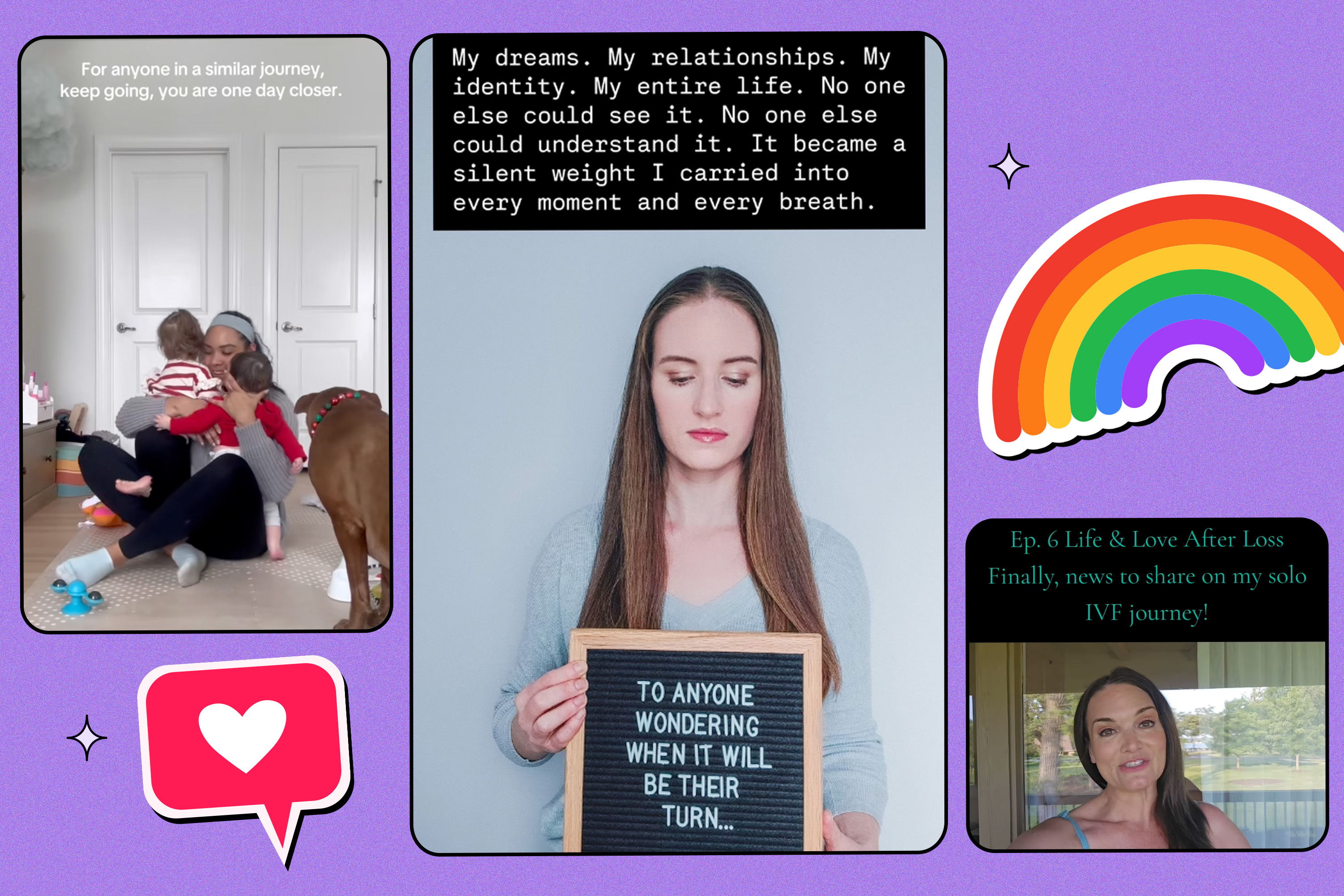How to deal with a returning married man: Expert guidance
Understanding the Emotional Complexity of Being Pursued by a Married Man
In the intricate web of human relationships, few situations are as emotionally challenging as being pursued by a man who is already married. This scenario is riddled with confusion, emotional turmoil, and moral questions that can leave a person feeling lost and vulnerable. Navigating this situation requires not only emotional strength but also a clear understanding of personal values, self-worth, and the importance of setting healthy boundaries.
The woman involved in such a situation often experiences a wide range of emotions—from initial confusion and hope to frustration, anger, and feelings of being used. These emotions are natural but can be dangerous if left unchecked. The persistence of a married man may lead to unrealistic expectations or fantasies, which can ultimately erode one's self-esteem and prevent the pursuit of healthier, more fulfilling relationships.

Exploring the Motivations Behind His Behavior
To better understand the dynamics at play, it’s important to examine the possible reasons behind his actions. Is he seeking an escape from his current marital life? Is he looking for validation, or is this a selfish impulse? According to clinical psychologist Dr. Ana Garcia, "his pursuit is rarely about genuine love and more often about unmet personal needs, an escape, or an ego boost. It's not your responsibility to fill that void or rescue him from his own life."
This perspective helps to depersonalize the situation and view it from a more objective standpoint. Recognizing that his actions are not necessarily about you can be a crucial step in protecting one's emotional well-being.
Prioritizing Your Own Emotional Well-Being
The first and most important priority in this situation should always be your own emotional health. Maintaining any connection—no matter how small—with a married man is likely to lead to pain and frustration. The hope that he will eventually leave his wife is often an illusion that prolongs suffering.
Dr. Ricardo Soto, a relationship specialist, warns that "every message responded to, every secret meeting, is another brick in an emotional prison that you are building yourself. Your peace of mind and dignity must be non-negotiable."
Setting Clear Boundaries
Setting firm and clear boundaries is essential in these situations. Dr. Elena Morales, an expert in codependency, emphasizes that "setting firm and non-negotiable boundaries is an act of self-love. You don't have to justify your decision or feel guilty for protecting your space and heart."
It's common for a woman to cling to the fantasy that the man will eventually leave his wife for her. However, promises of a future together while he remains married are rarely fulfilled. When they do happen, the resulting relationship is often built on a foundation of distrust and guilt.
Seeking Professional Support
Navigating this complex situation can be overwhelming, and seeking professional support can be invaluable. A therapist can offer tools to process emotions, strengthen self-esteem, and develop strategies to close this chapter healthily. Talking to trusted friends and family can also provide a much-needed support network.
Clinical psychologist Dr. Laura Perez states, "A therapist can help you unravel emotional complexities, strengthen your self-esteem, and develop strategies to close this chapter healthily, allowing you to heal and rebuild."
Tips for Moving Forward
-
Don’t idealize his return
The fact that he’s reaching out doesn’t mean he’s changed or that his current relationship is broken. Often, what he’s seeking is emotional validation or a temporary escape from routine, not a real reunion. -
Recognize what it really triggers in you
When he comes back, it’s natural to feel a mix of surprise, excitement, and confusion. However, recognizing those emotions allows you to make decisions from clarity, not nostalgia. -
Maintain firm boundaries
If he’s already married, your role in his life should be nonexistent. Don’t accept personal conversations, dates, or memories disguised as friendship. -
Remember why the relationship ended
It’s common for memory to select only the good moments. However, it’s important to bring to mind the reasons that separated you. -
Don’t become his emotional refuge
Some men seek support outside their marriage when facing difficulties. If you fall into that role, you expose yourself to an unbalanced and futureless bond. -
Don’t confuse attention with love
A message, a call, or an "I miss you" doesn’t always mean genuine feelings. Often, they're just looking to feed their ego or see if they still have power over you. -
Remember that his new partner deserves respect
Regardless of your history with him, he now belongs to another relationship. Being part of an emotional triangle only generates guilt and pain. -
Avoid justifying him
Phrases like "He's confused," "He doesn't really love her," or "He seeks me because he still feels something" are common but dangerous. -
Don’t respond immediately
If he contacts you, take time to think before responding. Impulsivity can make you say something you'll later regret. -
Protect your self-esteem
Accepting that someone you loved chose someone else can hurt, but it doesn’t define your worth. -
Seek emotional support if needed
Talking to a therapist or someone you trust can help you sort out your emotions. -
Don’t fall into the "just friends" game
That phrase is often the disguise of an emotional bond that hasn’t ended. -
Accept that the best is already over
Acceptance isn’t forgetting; it’s understanding that what was lived fulfilled its purpose. -
Rebuild your inner world
Use this situation as an opportunity to strengthen your self-esteem, personal goals, and well-being. -
Close with love, not resentment
Closing with serenity is an act of maturity. You don’t need to hate him or seek emotional justice.





